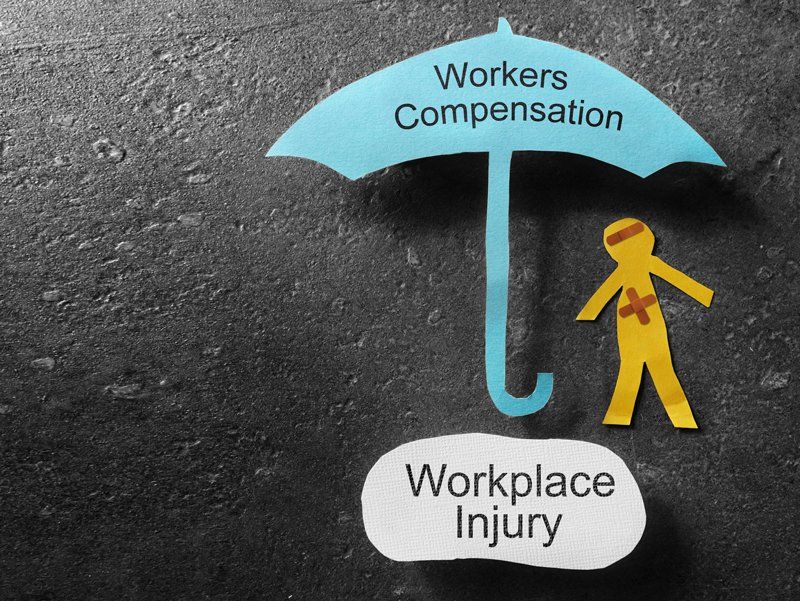FAQs About Nursing Home Wrongful Death
- By Dodson Robert Atty
- •
- 05 May, 2017
- •

As the child of an aging parent, you want to do what is best for them, especially if they are no longer able to care for themselves. For many people, this means entrusting their family member’s care in the staff of a nursing home. Most employees at nursing homes are caring professionals who take great pride in caring for your parents.
Unfortunately, there are instances when a nursing home's neglect will lead to the untimely death of a parent. If you are considering filing a wrongful death lawsuit against a nursing home or a medical professional, here are the answers to a few questions you might have.
What Is Considered Wrongful Death?
If your parent dies while in the nursing home, you won't automatically have grounds to file a wrongful death claim. Your attorney must prove that the negligence of a medical professional, staff member or the nursing home was the reason your parent died.
Unfortunately, a parent might die because of severe neglect or abuse. For example, if your parent wasn't adequately fed, if they didn't receive the proper medications or dosage or if a severe sore became infected, and then any of these instances led to their death, you might have grounds to file a wrongful death case against the doctor or nursing home.
These are only a handful of reasons why you might have the legal right to file a wrongful death claim.
Who Can File a Wrongful Death Claim?
When someone dies due to nursing home negligence or neglect, there are only select people who can legally file a wrongful death claim. Here are some individuals who can file a wrongful death claim:
- The deceased individual's spouse
- The deceased individual's children
- The deceased individual's siblings
Depending on the state, an aunt, uncle, another distant relative or anyone who was financially dependent on the deceased might have the legal right to file a wrongful death suit against the nursing home.
How Will My Attorney Prove Negligence?
Once again, for you to successfully win a wrongful death, your lawyer must prove the nursing home staff, doctor, nurse or another employee was negligent, or did not meet a minimum standard of care.
Another example of negligent care is if the doctor treated your parent while they were under the influence of drugs or alcohol, or if the nurse did not dispense the correct medication, and it led to the patient's death, your attorney would argue they were negligent.
Next, your attorney must prove there was a breach of duty. In the case of wrongful death, this breach of duty is a failure in the doctor and patient relationship. When a doctor or other health care professional agrees to care for a patient, they agree to perform their duties to the best of their abilities.
Finally, your attorney must prove there is a connection between the doctor or health care professional's negligence and your parent's death.
What Kind of Damages Can I Seek?
If your lawyer is able to prove the doctor or nursing home was negligent, and this negligence led to your parent's death, you have the right to seek compensation. Depending upon the circumstances of the case, you can be compensated for pain and suffering, emotional distress, medical bills and funeral costs. Your attorney can help you understand the types of damages you can seek.
The death of a parent is always stressful. However, if your parent died unexpectedly from the neglect of a health care professional, it can make a horrible situation even worse. If you are considering filing a lawsuit against your parent's former nursing home, or if you have any other questions, contact the friendly legal staff at the Law Offices of Robert Dodson, P.A.In the case of a work-related fatality, an employee's dependents are entitled to death benefits. See an overview of death benefits in South Carolina.
Did you lose a loved one due to someone's negligence? Discover two types of lawsuits you can file:wrongful death or survival cause of action.
If your life has changed due to the carelessness of a drunk driver, you are not alone. Read on to learn more about the costs of drunk driving.
South Carolina has a system in place to help those who have work-related injuries. See this brief guide to the state's workers' compensation program.






